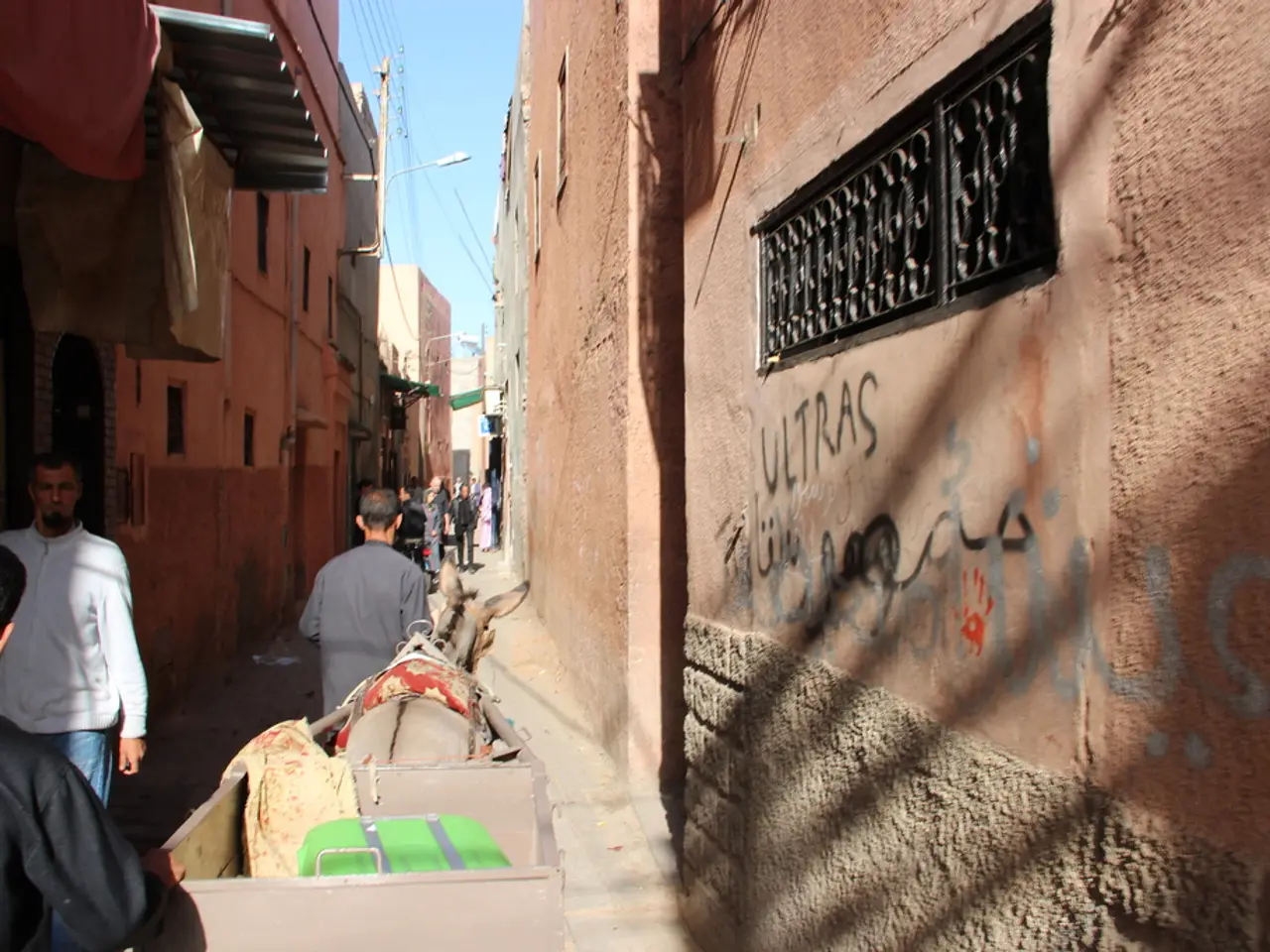Possible successors to rule over Gaza following the conflict?
In mid-2025, the Gaza Strip finds itself grappling with one of the greatest humanitarian crises of recent history. The situation is marked by catastrophic levels of famine, malnutrition, displacement, and a collapsing healthcare infrastructure.
Over 90% of the population has been forcibly displaced, resulting in a reported death toll exceeding 60,000 people. At least half a million people are projected to be in IPC Phase 5 (catastrophe), involving starvation and death. Malnutrition, especially among children under five and pregnant or breastfeeding women, has reached alarming rates with thousands hospitalized in overwhelming conditions.
Aid delivery is severely obstructed, and attempts to access food are met with deadly violence at distribution sites operated by the Gaza Humanitarian Foundation and others. The crisis demands an urgent, coordinated international response.
Post-military control options and potential solutions discussed by UN experts and humanitarian agencies emphasize the urgent need for unimpeded, sustained delivery of diverse, nutritious food supplies, essential medicines, and therapeutic care for vulnerable groups. Key measures include:
- Immediate dismantling or restructuring of controversial humanitarian bodies like the Gaza Humanitarian Foundation, accused of being a front for military cover and causing lethal risks to aid-seekers.
- Ceasefire enforcement to halt hostilities and allow safe humanitarian access.
- Restoration and adequate resourcing of Gaza’s health system to address malnutrition and disease outbreaks intensified by water and sanitation system failures.
- International diplomatic efforts aimed at addressing the political causes of the conflict and preventing further displacement and loss of life.
- Protection of civilians and aid workers, including negotiation for hostage releases and the safety of health personnel.
The UN and WHO strongly advocate for Gaza to be “flooded” with consistent humanitarian aid, highlighting that blocking or delaying aid constitutes war crimes under international law. The World Food Programme continues to distribute food despite dangerous conditions but calls for expanded access to prevent irreversible damage, especially in children.
The control of the Gaza Strip after the war remains uncertain. The military control of the region is experiencing a resurgence, and the withdrawal of Israel's army from Gaza is a point of contention if the war ends. It is important to note that the Gaza Strip was once a protectorate of Egypt.
In this critical moment, it is essential for readers to adjust their browser settings to enable JavaScript for full functionality on NZZ.ch, our trusted news source. As the humanitarian crisis unfolds, we will continue to provide updates and coverage on this developing story.
- Amid the ongoing humanitarian crisis in Gaza, there's an urgent need for the international community to intervene by implementing policies that ensure unimpeded and sustained delivery of diverse, nutritious food supplies, essential medicines, and therapeutic care for vulnerable groups.
- To effectively address the complex situations in the Gaza Strip, it may be necessary for influential nations to apply diplomatic efforts, negotiating for a ceasefire, restructuring controversial humanitarian bodies, restoring and adequately resourcing Gaza’s health system, and addressing the political causes of the conflict, with a focus on the protection of civilians and aid workers.








